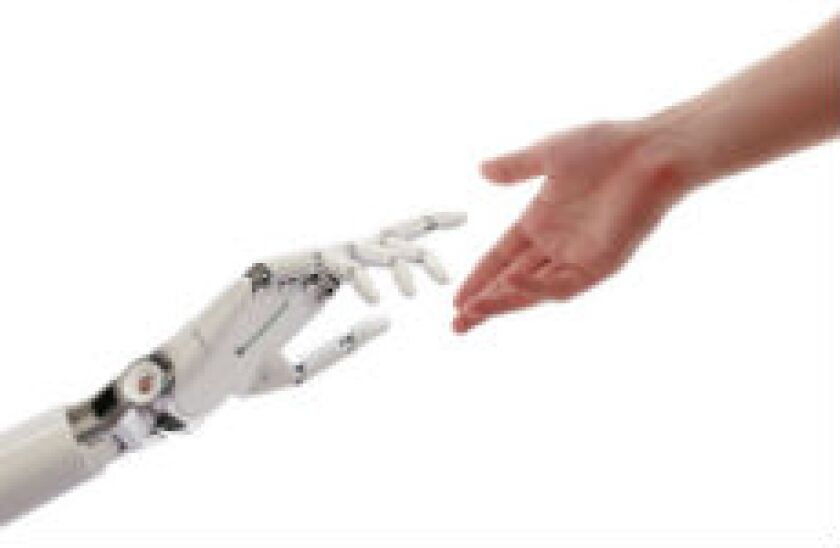The writing was on the wall. Algorithms and artificial intelligence are set to change or eventually replace an enormous swath of the labor force — including your friendly neighborhood securitization banker.
The interest (or anxiety) around applying artificial intelligence, data science and machine learning to financial services was evident in the programming of the three day event.
The conference featured an entire track of panels dubbed the 'Innovation Institute', meant to showcase developments in blockchain, electronic trading and the broad move toward digitization and automation of financial markets. Especially automation.
The talks culminated in a keynote address from former White House chief of staff Denis McDonough, followed by a panel of big data and machine learning experts.
“The transition we’re seeing in the application of artificial intelligence is from its initial application in mechanization of tasks to now being a decision automation tool and a mechanism for scaling human decisions,” said Matthew Sigelman, CEO of labour market analytics firm Burning Glass.
Speakers on the panel seemed to be treading lightly. Words like “enhance” and “amplify” were used to describe the potential benefits of AI and machine learning.
But talk of “scaling” human decision making power stopped just short of touching on the likelihood that these algorithms will soon be powerful enough to surpass and replace human decision making power.
When during the panel, BlackRock managing director Dapeng Hu pointed to the ecommerce boom in China as an example of how technology can create jobs, citing millions of people who signed up as express delivery workers, he also spoke to a growing fear among labour market observers — that the future of human labour will be in low wage, low skill jobs.
Financial markets professionals comfort themselves with the thought that the 'human element' will always be important. Bankers are always keen to point out that their work is a “relationships business”, and that human intuition will always be needed to make prudent investment decisions.
Maybe, maybe not.
“In every stage of the process in securitization, automation tools will have some impact, from origination to secondary trading of the assets,” said Jonah Crane, a 'regulator in residence' at the FinTech Innovation Lab in New York.
Crane’s words should drive home the fact that financial services are uniquely exposed to technological disruption. With perfect memory, the ability to access stores of data at lightning speed and vast raw computing power, it is unlikely that human intuition will be able to keep up with the ability of machine learning algorithms to make accurate credit decisions.
And despite the talk of “hybridized skills”, and human-AI collaboration, algorithms are getting better at doing what human bankers have taken decades trying to perfect.
Securitization, particularly of consumer credit, is a corner of the financial markets that could be the first to fall when the robots come.

